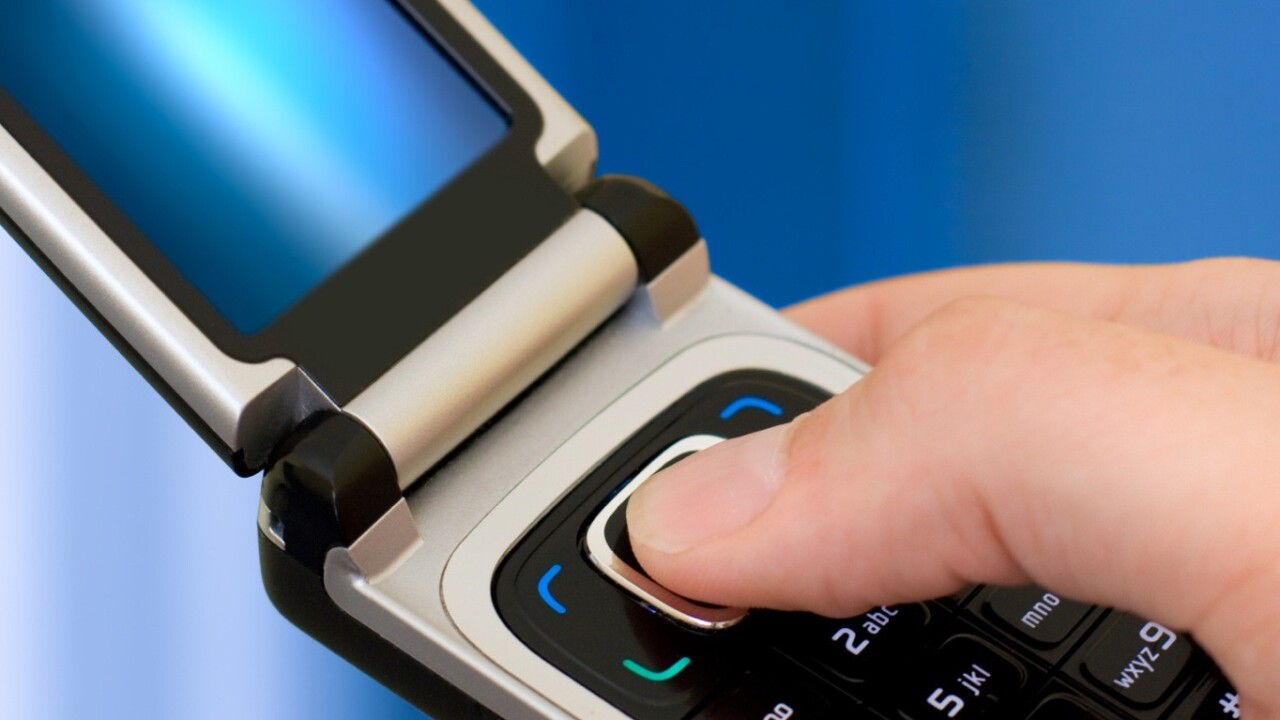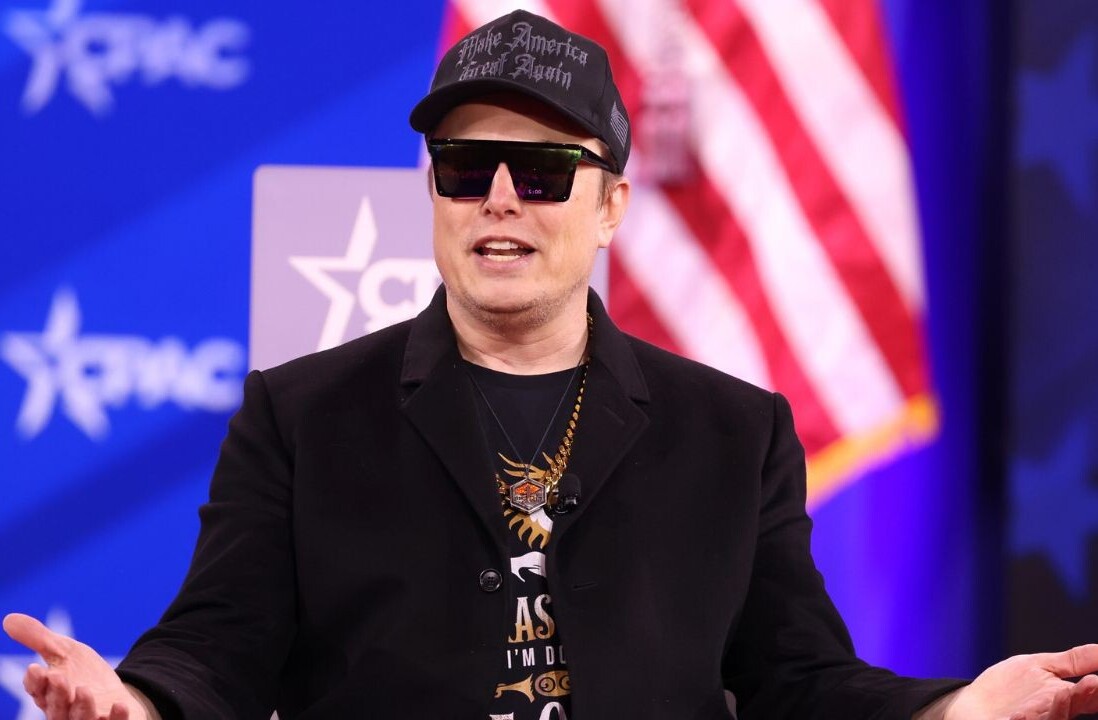
It might sound unlikely, but flip phones and sliders could once again adorn the shelves of our retailers’ finest emporiums in the near-ish future. Quite why is anyone’s guess.
Since the launch of the first iPhone and its runaway success, all the cool kids have wanted full touchscreen phones. And rightly so, in my opinion. Now it’s not just cool kids, it’s everyone.
While some people bemoan touchscreens for being unwieldy or are overcome by an innate resistance to new technology, the devices do in fact provide a far more fully-featured and user-friendly way of communicating. Providing the battery isn’t dead, which is one thing the traditional candybar will likely have over smartphones for a long time yet.
However, with full touchscreen smartphones now ubiquitous in most developed markets and accounting for most major handset makers product line ups (certainly at the top-end), there is now a sea of uniformly rectangular black screens looking up from any given retailer’s shelf space.
You could argue that “well, they’re all just screens, of course they mostly look alike” and you’d be wrong, or at least partially wrong. Just because they perform the same job and share similar characteristics doesn’t mean they have to look quite as similar as they do.
The problem, however, is that while smartphones are now everywhere, hardware innovation at the high-end is at an all time low, at least in terms of form factor. You’ve pretty much got one option: “One slab of glass please”.
Instead of differentiating on hardware (HTC has even shunned the megapixel wars with the cameras in the One and One Mini) or chassis, phone makers have become software houses in a bid to stand out from the deafening crowds. And then they just make ‘Mini’ and ‘Max’ versions of the same device in the hope of appealing to the masses. That’s ‘choice’ now.
Meanwhile, it seems, no one is happy. Software houses have been forced to become hardware makers too, just think of Microsoft’s Surface, or Google’s $12.5bn purchase of Motorola. Microsoft is actually a pretty good example, its Surface tablets haven’t been the runaway retail success the company would have hoped (certainly not the RT version) but it did its job in terms of forcing other manufacturers to up their game.
Whichever pool you play in, it’s clear you need to know how to do both nowadays.
It’s unsurprising then that devices have reached a middle ground, an innovation plateau in a design sense, that revolves around delivering predictable hardware with differentiating (often gimmicky) software features.
We’ve been here before
It seems like Samsung and BlackBerry might well have noticed this too.
Recent rumors suggest that Samsung could be working away on an Android powered flip phone, while CrackBerry reports that BlackBerry is working away on a portrait slider, perhaps even two. Indeed, BlackBerry never stopped, provided you’re happy to buy an older version of its operating system that isn’t inter-operable with the apps on the new one.
I applaud both companies efforts if the rumors are true. There hasn’t been enough visible concerted effort going towards different form factors (even if they are old, tried and tested ones) for far too long now, and if Apple had released its first iPhone as a traditional T9 candybar, we might not be where we are now today.
I don’t think either would do particularly well, though.
As noted, both form factors would be a return to old, albeit with a modern spin, and it’s not like there haven’t ever been slider or flip smartphones, they just didn’t do so well. Microsoft’s Kin must be the most notable flop, having survived just 48 days on the market before Redmond pulled the plug.
What the smartphone industry needs is something it doesn’t know it needs yet. It needs a mad-hat inventor with deep pockets, someone that believes in doing things a different way for experimentation’s sake, rather than purely for the bottom line. It needs someone like Elon Musk who can think of something that sounds so implausible, and then can make it happen.
Hyperloop of the phone world?
To digress for a second, in a few days, Musk has promised to unveil a vision of mass transportation for the future that’s cheaper, safer, more reliable and much, much faster than anything we use today. He described it as “a cross between a Concorde and a railgun and an air hockey table”. It’s also called hyperloop, which is a pretty cool name.
Now that sounds pretty exciting, right? Now, what was the most exciting innovation you heard about in the smartphone world recently? Essentially, being able to activate Google Now without pressing a button on the Moto X? It doesn’t quite compare.
It doesn’t matter to me whether Musk succeeds or not (though he has a good track record of proving naysayers wrong), what matters is that he can think in that ‘big’ a way. It matters that the conversations take place and the considerations are, well, considered.
Perhaps the closest it does have is Mark Shuttleworth, founder of Canonical, the company looking to deliver its same core Ubuntu platform across tablets, PCs, TVs and smartphones.
This month, Canonical is trying to crowdsource more than one million dollars per day to kickstart development of the first actual hardware that’ll run the platform. Right now, it just looks like any other phone, albeit one that runs Ubuntu for Android alongside plain old Android.
But what it could be is an opportunity for a device maker to strike out against the norm and deliver a phone that quite literally defies expectations. It doesn’t need to be bizarre or outrageous, I just want it to amaze me. How? I don’t know, but that’s really the point.
However, I don’t think that Samsung’s rumored flip phone or BlackBerry’s rumored slider will be the ones to deliver the next evolutionary step in mobile.
Featured Image Credit – Thinkstock
Get the TNW newsletter
Get the most important tech news in your inbox each week.





